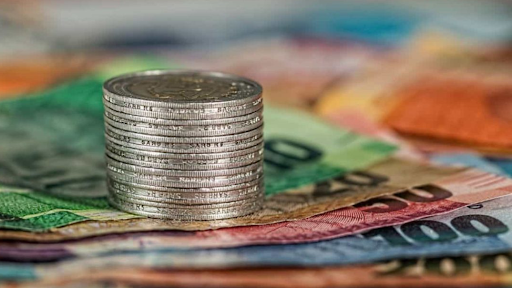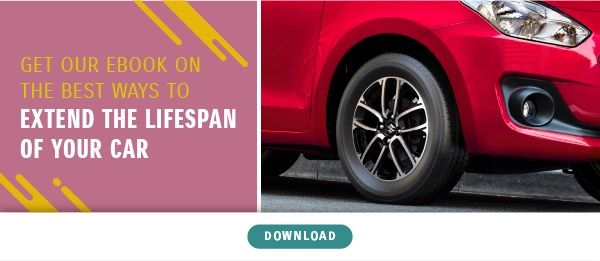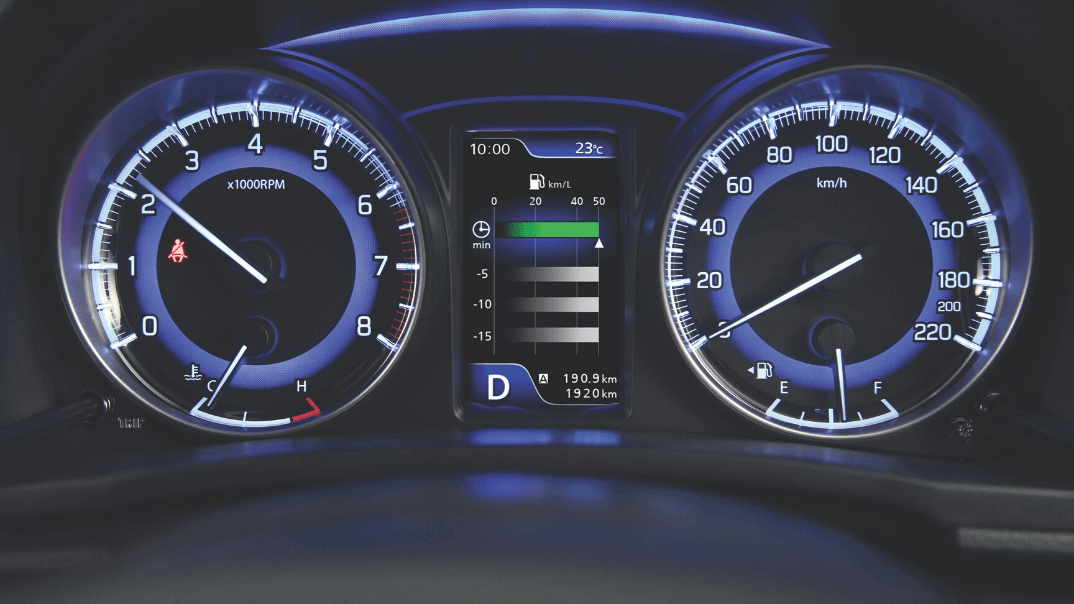 Whether the resale value should be a deciding factor in the purchase of your next car is a contentious issue and, like many arguments, has two sides to it with no real definitive answer because of all the variables that come into play.
Whether the resale value should be a deciding factor in the purchase of your next car is a contentious issue and, like many arguments, has two sides to it with no real definitive answer because of all the variables that come into play.
Some buyers place resale value high on the list when deciding on a new car by examining pricing trends in the used market for the make and model they are interested in–to the point of even compromising and buying a variant specifically because it has a better resale history than the one they really wanted.
Others take the view that they will be driving the car for around five years and would rather be happy and comfortable with the car and deal with resale issues when it comes time to change.
For mainstream vehicles, resale value is a proxy for the long-term reliability of a car. When you keep a car for 8–10 years or more, you eventually hit the ‘repair wall’ where you are looking at a series of big-ticket repairs.
As much as you might plan for it, you want that time to come later rather than sooner.
Also, if your car is totalled, your insurance provider would pay you the actual cash value of the car at the time of the accident (depending on your coverage).
Actual cash value is determined using factors such as the typical resale value of the car at the time of the accident, previous damage, and depreciation. So, even if you do not think you will be selling your car, you may want to consider how well it retains its value over time.
Given the current disruptions around the world, supply issues, and the rapidly rising fuel price, resale value could well take a back seat to other important issues such as affordability and service. Current financial indicators show price increases on a global scale and this might mean you will have to keep your car for much longer than originally anticipated.
Naturally, this will have an impact on the resale value. However, buying into a brand with a good service history can mitigate this if you keep your car correctly, and regularly, serviced.
However, there are many ways in which to protect and retain your trade-in value such as taking care of your car’s interior. Exterior nicks and dents are easy to fix, but a shabby interior will see your trade-in value drop instantly. Clean your car often, do not smoke in your vehicle, and try to keep snacks to a minimum. By setting basic rules, you’ll ensure minimal damage in the long run.
Lifestyle is an important part of car ownership and, while it is vital to keep your car in excellent condition to maintain its resale value it is also possible to reflect your lifestyle by personalising your car without losing value.
As mentioned, there is no definitive answer as every car owner is different and has different circumstances.
Perhaps you have a child who will be of driving age by the time you are ready to get a new car. It might work out a lot less expensive to keep the old one for your child than doing a trade-in and then buying them a second-hand vehicle.
After all, you know the history of the car intimately and can be comfortable that your child is as safe as they could possibly be.
Unless you fully intend to drive your car until it literally gives up the ghost and stops forever, ignoring resale value entirely is probably not advisable–you never know when it might be important.
Is the resale value of your car all that important when it comes to looking for a replacement?
Keeping your car well maintained and in good condition will save you money both short term and long term... Download this guide to extending the lifespan of your car to wring real value from your ride.

![How Things Work: Rotary Engines [VIDEO]](https://blog.suzukiauto.co.za/hubfs/Blue%20Dzire%20_%20Driving%20-%20Front%20_%20Blog%20_%202025%20.png)

![How Things Work: Gearbox [Video]](https://blog.suzukiauto.co.za/hubfs/Untitled%20design%20(17)-2.png)